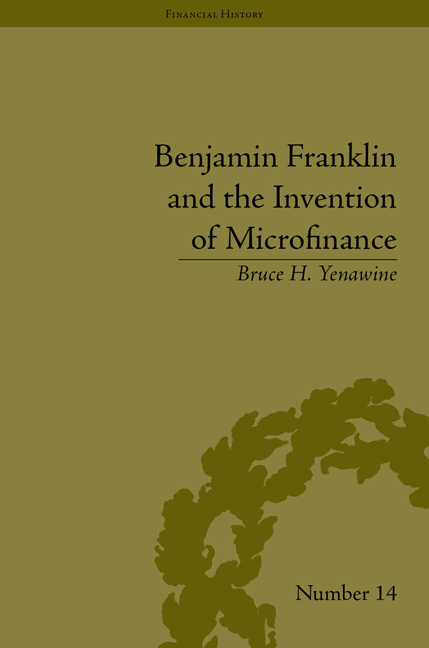Book contents
- Frontmatter
- CONTENTS
- Acknowledgements
- Biography of Bruce Yenawine
- Introduction
- 1 Franklin's Intent: The Autobiographical Origins of the Codicil
- 2 Franklin's Intent: The Sources of Political and Economic Concepts
- 3 Boston: The First Century
- 4 Philadelphia: The First Century
- 5 The Centennial in Boston and Philadelphia
- 6 Boston: The Second Century
- 7 Philadelphia: The Second Century
- 8 Bicentennial: Boston and Philadelphia
- Conclusion: Virtues in Conflict
- Appendix A Transcription of the 1789 Codicil
- Appendix B Boston Artisan List
- Appendix C Philadelphia Artisan List
- Appendix D Summary of Litigation and State Laws
- Appendix E Chronology
- Appendix F Franklin's Calculation and Actual Value
- Notes
- Works Cited
- Index
7 - Philadelphia: The Second Century
- Frontmatter
- CONTENTS
- Acknowledgements
- Biography of Bruce Yenawine
- Introduction
- 1 Franklin's Intent: The Autobiographical Origins of the Codicil
- 2 Franklin's Intent: The Sources of Political and Economic Concepts
- 3 Boston: The First Century
- 4 Philadelphia: The First Century
- 5 The Centennial in Boston and Philadelphia
- 6 Boston: The Second Century
- 7 Philadelphia: The Second Century
- 8 Bicentennial: Boston and Philadelphia
- Conclusion: Virtues in Conflict
- Appendix A Transcription of the 1789 Codicil
- Appendix B Boston Artisan List
- Appendix C Philadelphia Artisan List
- Appendix D Summary of Litigation and State Laws
- Appendix E Chronology
- Appendix F Franklin's Calculation and Actual Value
- Notes
- Works Cited
- Index
Summary
Much earlier than Boston, Philadelphia recognized that in order to properly administer testamentary donated to the municipality, and independent group of distinguished individuals acting in a corporate body must be created. In 1869, with the creation of the Board of Directors of City Trusts, Philadelphia found a way to steadfastly and honourably administer the Franklin Fund, free of political interference. While the management of the Girard Estate and the administration of the Girard College dominated its time and attention, the Board adopted a committee system which accounted for the minor trusts including the Franklin Fund, the John Scott Loan Fund and the Wills Hospital Trust. In 1913, as a result of the Lybrand Report, the Board of Directors established three major administrative posts to better distribute leadership: the General Manager, the President of Girard College and the Executive of Wills Hospital. The minor trusts were under the purview of the General Manager and the Committee for Minor Trusts.
Accepting all of Franklin's restrictions as stated in the 1789 codicil, the Board of Directors of City Trusts was only able to make ten loans totalling $2,514 before it sought, in 1874, the first of several cy pres adjustments from the Court of Common Pleas in Philadelphia. With the age limit extended to thirty-five year old artificers, the Board was optimistic about marketing the Franklin Loans.
While seventy-eight borrowers came forward from 1875 until 1879, the numbers dwindled again with only thirteen loans from 1880 to 1885.
- Type
- Chapter
- Information
- Benjamin Franklin and the Invention of Microfinance , pp. 113 - 128Publisher: Pickering & ChattoFirst published in: 2014



